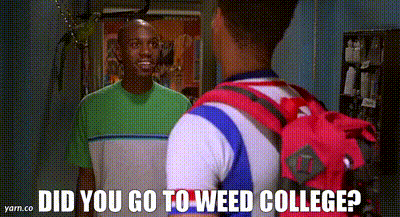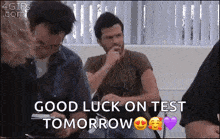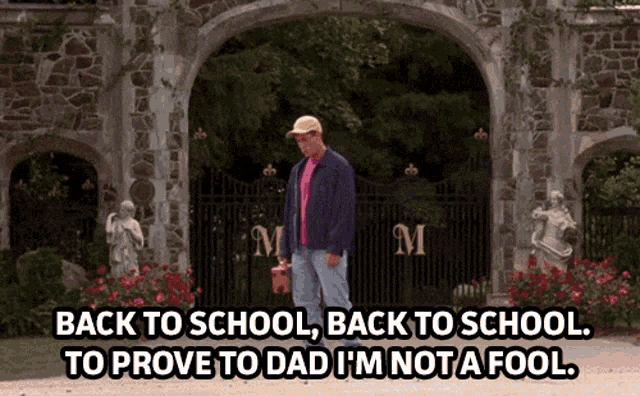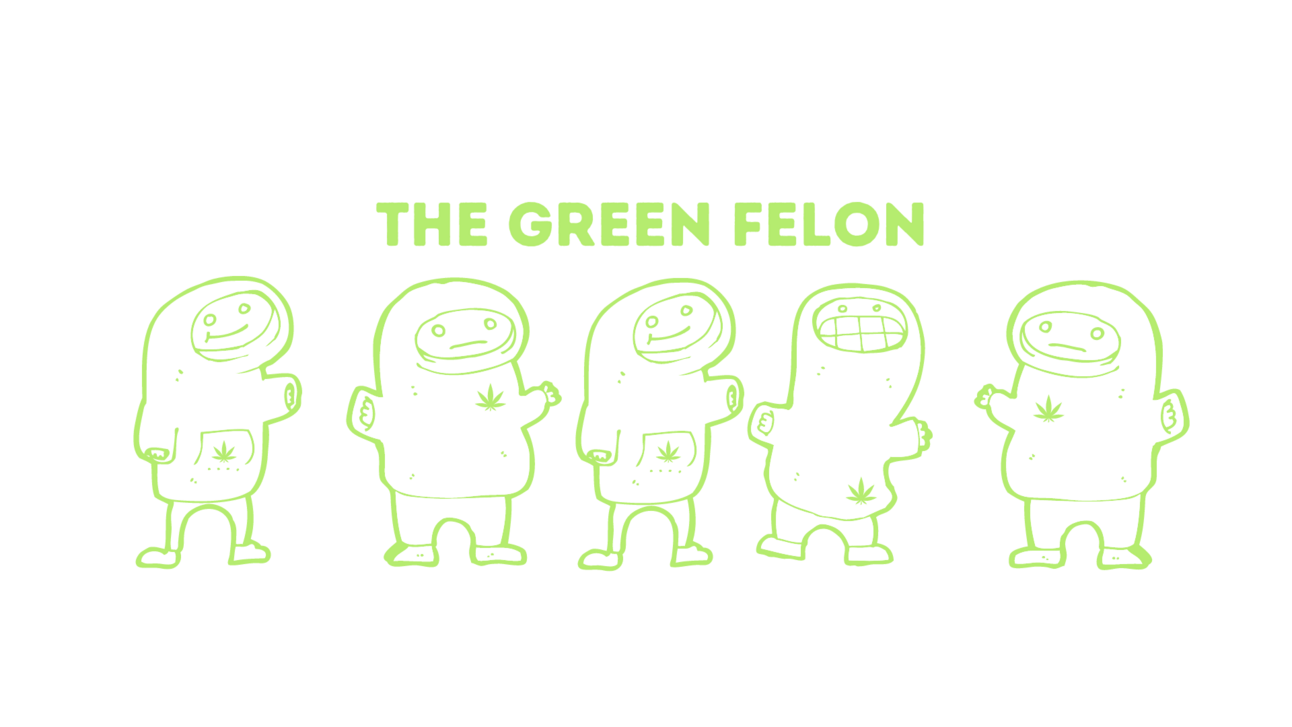
News Highlights:
California ⛱️ Considers Allowing Medical Cannabis in Schools: California legislation proposes permitting school 🏢 boards to allow medical cannabis on campuses for students with a doctor's note. ABC News
Legalization Challenges Marijuana 🥦 Education: With recreational marijuana legalized for adults in California, educators face difficulties conveying its risks ⚠️ to teens. NPR
Colorado's 🎿"The Tea on THC" Campaign Targets Youth: Colorado launched "The Tea on THC" campaign to educate youth about the dangers ❗️ of high-potency cannabis. CBS News
Proximity 🔄 of Dispensaries Increases School Discipline Issues: Research indicates that middle schools located within 👀 a mile of cannabis dispensaries experience a 44% increase in substance-related disciplinary referrals. Medical Xpress

Quick ⚡ Read:
Curricular Integration of Cannabis Literacy 🧑⚖️: Introducing cannabis education in high school health classes fosters informed decision-making and scientific 🧷 literacy.
Pedagogical Benefits of Cannabis Instruction 🔍: A cannabis-inclusive curriculum enhances interdisciplinary learning—linking pharmacology 🏩, civic policy, neurobiology, and ethics.
Evidence-Based Prevention, Not Promotion ⚖️: Contrary to moral panic, empirical studies show that comprehensive drug 🧪 education reduces risky behaviors.
Systemic Barriers to Implementation 🗃️: Institutional hesitancy, lack of teacher training, and political resistance complicate the adoption of cannabis 🥒 coursework.
Reframing Cannabis as a Civic Topic 🌐: Positioning cannabis as a symbol of modern critical education reframes it from taboo 🧟 to teachable.

Should High School Students Learn About Cannabis 🧃 in Health Class?
As society continues its slow 🚴 but steady decoupling from the shackles of cannabis stigma, the public discourse around education reform has never been more, well, elevated. Should we, as a scientifically literate society 🌎, begin to incorporate cannabis🫑 education into the standard high school health curriculum? It's a question that isn't just controversial—it’s pedagogically potent. And while parents, administrators, and politicians 🇺🇸 engage in ideological tug-of-war, students remain caught in the purgatory between ignorance and misinformation.
Let’s be blunt 🚬: cannabis is here to stay. With over half of U.S. states legalizing marijuana for either medicinal or recreational purposes 📘, high school students are more exposed than ever—socially, culturally, and digitally 📱. What they aren’t consistently exposed to, however, is credible, scientifically grounded education 💡 about the plant. Instead, they’re often left to piece together fragmented truths from TikTok influencers 💻, stoner comedies, and the ever-insightful cousin who “knows a guy.”

The Case for Cannabis Literacy in Youth 🧑🏫
The need for formal cannabis education is both a public health 💚 imperative and a civic necessity. Imagine if students only learned about sex from pop music lyrics, or about alcohol 🍸 solely from beer commercials. The educational system would rightly be indicted for gross negligence. And yet, cannabis 🦚—arguably more misunderstood than either—remains cloaked in curricular invisibility 📚.
Integrating cannabis education into high school health 🧡 class offers more than just chemical compositions and psychotropic warnings. It creates a platform 🏗 for nuanced discussions about addiction science, harm reduction, policy reform, medical 💉applications, agricultural economics, and yes—even racial justice. Such a curriculum could demystify the distinction between THC and CBD 🧬, explain the endocannabinoid system, and contextualize the difference between use and abuse with intellectual rigor 🤯.
More importantly 🏵, cannabis literacy in youth could foster critical thinking 🧠. Students should be equipped not just with facts, but with frameworks. For instance, understanding why cannabis 🚛 is still classified as a Schedule I drug—despite extensive medical applications—reveals layers of bureaucratic absurdity and institutional inertia 🎩. It's civics, pharmacology, ethics, and history all rolled into one (no pun intended).

But What About the Children? 🚸
Of course, the most predictable retort is also the most emotionally charged: “Won’t this encourage drug use 😵?” It’s a valid question—but one based more on instinct than evidence. Studies from countries like the Netherlands 🇳🇱 and Canada 🇨🇦, which emphasize education over criminalization 🛡️, show that providing factual information doesn’t increase usage rates. In fact, transparent 🌫 education often correlates with decreased risky behavior. Students are less likely to engage in something that’s been stripped of both mystique and misinformation 🎭.
In contrast, abstinence-only approaches have a spectacular track record 🏁 of failure—see: sex education ♋️ in the early 2000s. Just Say No may win moral points with certain voting blocs, but pedagogically, it’s as effective as teaching astronomy by screaming “Look up!” 🔭
Teachers, Curriculum 👨🏿🏫, and the Bureaucratic Buzzkill
Even if one accepts that cannabis 🌼 education is a good idea in theory, its implementation is a bureaucratic minefield. Who decides what goes into the curriculum? The Department of Education? Local school 👧🏻 boards? Parents with pitchforks? 🔱
Teachers, many of whom already wear too many hats 🧢 and dodge political bullets regularly 🔫, will need specialized training. Cannabis is not a single-subject issue—it intersects with chemistry, psychology, law 👮🏽♂️, and social justice. Asking an untrained educator to teach cannabis without the right tools is like asking a gym teacher to explain quantum mechanics 🤹.
And then there’s the content itself. Should schools cover synthetic cannabinoids 🔋? The difference between hemp and marijuana? The disproportionate incarceration rates among Black ✊🏿 and Brown ✋🏾 communities due to cannabis laws? It’s complicated, which is exactly why it deserves to be taught ✅.

A Plant with Pedagogical Potential 🪴
In truth 💯, the cannabis conversation is a proxy for a much larger debate about the role of education in a post-truth society 🧾. Are we grooming students to pass standardized tests, or preparing them to navigate a world 🌚 awash in nuance and contradiction? In that context, cannabis becomes more than a plant—it becomes a pedagogical symbol 🧿.
The irony is that cannabis could very well be the ideal teaching tool ✏️. Consider a unit where students analyze how media portrays cannabis 🌸, evaluate clinical trials on CBD efficacy, trace the history of U.S. 🦅 prohibition, and debate current policy proposals at the local level. That’s not drug education—that’s interdisciplinary brilliance with chlorophyll on top 🌿.
From Reefer 🌾 Madness to Rational Maturity
It’s time ⏰ we stopped letting 1930s propaganda films write our 21st-century curriculum. Educating high school students 👱🏼♀️ about cannabis isn’t about glorification—it’s about information 💬. It’s about equipping a generation to make informed decisions in a world where cannabis is both medicine and menace, industry and ideology.
If we truly trust our youth to drive cars 🚘, take standardized exams, and even vote in some states, surely we can trust them to responsibly engage with botanical pharmacology 🌳. In a reality where ignorance is more dangerous than the substance itself, the choice is no longer whether we should teach cannabis—it’s how soon we can start 📣.
Should schools 🧑🏫 elevate cannabis education into the mainstream curriculum, or will society forever keep this plant locked 🔐 in the educational shadows 🌒?
🎉 Celebrate Differences ➖

The information provided in this newsletter is for informational purposes only and does not constitute medical, legal, or professional advice. Always consult with a qualified professional before making any decisions based on the content shared here.

